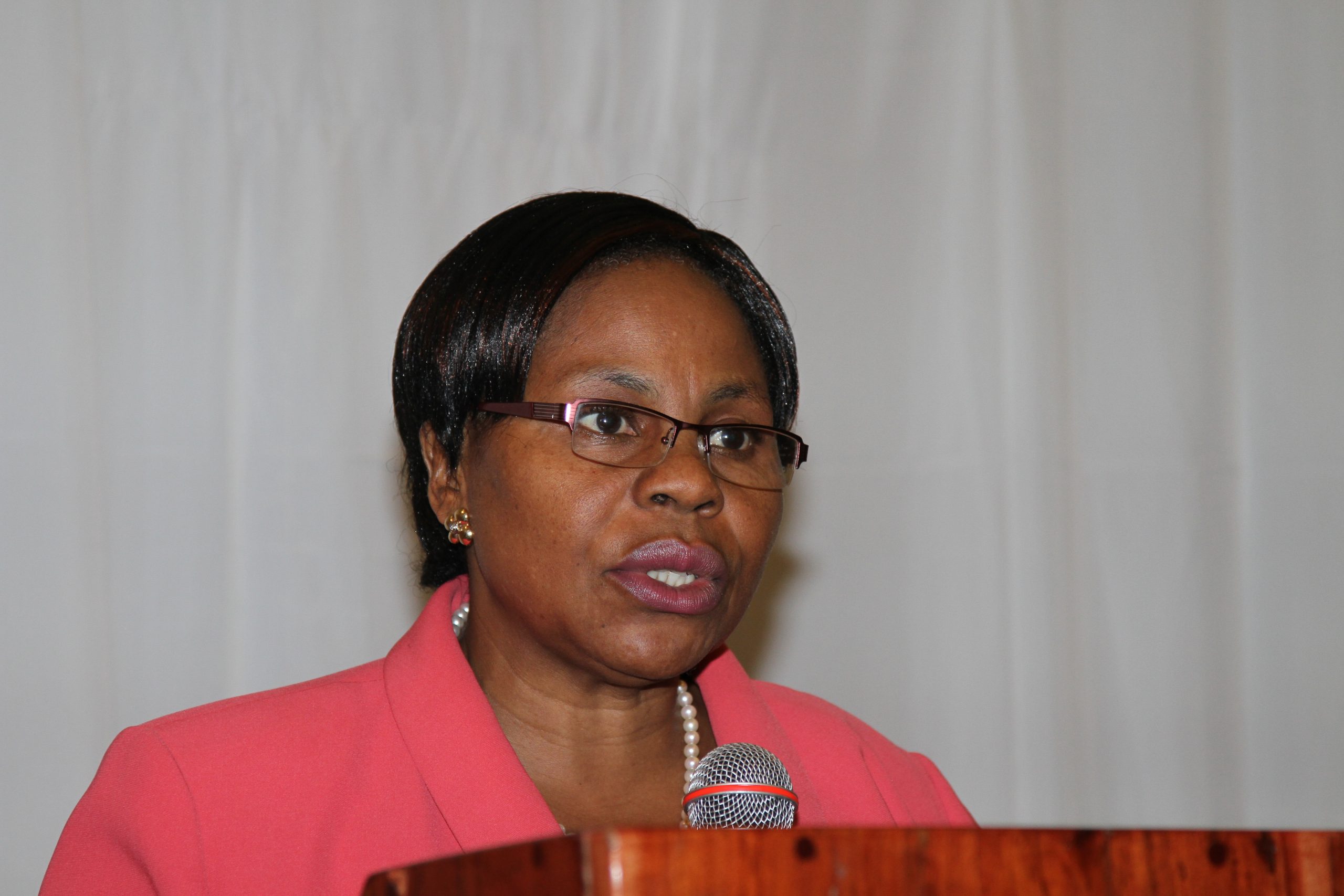
Women Parliamentarians have urged the media in the country to promote females in politics in order to bridge the gap between them and their male counterparts who hold the bulk of positions of authority in political parties and government.
By Obey Manayiti/Veneranda Langa
The women decried lack of media attention and accused some sections of the media of always pulling them down through stereotyped coverage which portrayed them as less influential in the administration of the country.
Information deputy minister and Zimbabwe Women Parliamentary Caucus (ZWPC) chairperson Monica Mutsvangwa said the country’s media should be seen as getting to the forefront of enhancing women’s participation in politics and governance processes.
She was addressing a workshop in Mutare aimed at imparting women with skills on crafting motions and developing informed debate in parliament.
“Currently there are imbalances in the participation of men and women in politics — a scenario which the media can help by instilling among the public the idea that women’s participation in political life is an essential part of democracy,” said Mutsvangwa.
Mutsvangwa’s calls come at a time analysts have claimed women were their own enemies after First Lady Grace Mugabe and Zanu PF secretary for transport Oppah Muchinguri-Kashiri played a pivotal role in the ouster a former Vice-President Joice Mujuru, a fellow woman, from a key position of authority in the party and government.
Mutsvangwa said: “It is in this regard that women parliamentarians expect the media not to act as a mirror of the social and patriarchal cultural patterns in society but as an agent of change as it reports on activities of women politicians.
- Chamisa under fire over US$120K donation
- Mavhunga puts DeMbare into Chibuku quarterfinals
- Pension funds bet on Cabora Bassa oilfields
- Councils defy govt fire tender directive
Keep Reading
“Media is a critical role player in the endeavour to liberate gender stereotype mind, yet more often than not it has been part of the problem rather than of the solution,” she said.
Manicaland’s minister of State Mandi Chimene said men were being portrayed as more able politicians than women.
“While male politicians are often times reported upon positively, a look at various media reports on women MPs will show that most newspapers still concentrate on traditional focus on women’s appearance and their clothing style, as well as unnecessary details of their personal lives, marital status, social life and childcare arrangements,” said Chimene.
She also urged women politicians to have adequate knowledge on parliamentary procedures.
MDC-T Harare West MP Jessie Majome said: “If we have more media outlets, there will be more voices for women because there will be less competition. If we liberate our airwaves women will have more access.”
Meanwhile, ZimRights national director Okay Machisa said there was need for awareness of rights by Zimbabweans after research by his organisation revealed issues of discrimination and difficulties in accessing justice by communities.
The rights non-governmental organisation on Friday met legislators from different Parliamentary committees which deal with rights issues in a move to encourage legislators to promote human rights issues, fight discrimination and ensure communities have access to justice systems in the country.
Machisa said they had discovered that MPs were not very familiar with provisions in the constitution, despite taking part in the gathering of views for the new Constitution.
“There is an indication that MPs themselves have not yet familiarised themselves with the Constitution,” Machisa said.
He said there was need for community awareness programmes where MPs, traditional leaders, district administrators and different people meet to unpack the Constitution and discuss rights issues to avoid instances of discrimination along political party lines.
Some of the rights discrimination issues that ZimRights said they discovered when they visited Matabeleland North in Lupane and Tsholotsho were discrimination of women of the BaTonga culture who were not given the platform to participate in public or decision-making processes, where they sat at a distance from men in meetings. The same practice was witnessed in Manicaland province’s Mutasa and Katiyo areas.
“Women do not receive a fair hearing or an opportunity to be heard in traditional courts on the basis of gender. Traditional courts are male though a few now have women as messengers or secretaries. Women are represented by men in these courts and they rarely speak for themselves,” Machisa said.
Majome, who is chairperson of the Parliamentary Portfolio Committee on Justice, Legal and Parliamentary Affairs, said her committee would take up the issue of discrimination of women, as well as other rights violations like access to health.
“We have a fabulous Constitution as far as the guaranteeing of rights is concerned, but the reality is the opposite,” said Majome. Majome said MPs faced a myriad of problems in discussing rights issues and the provisions of the Constitution with their constituents.
These included lack of constituency offices, lack of halls and meeting places at constituencies, no budget for publicity of the constitution, lack of access to electronic media, as well as oppressive laws like the Public Order and Security Act (Posa) that denied people a right to gather without police clearance.










